
Alessandro Chiarini
Alessandro Chiarini, a professional with over 20 years of experience in business development and technical leadership roles, brings extensive expertise to our institution. At BI-REX, he manages R&D projects such as DARE. He oversees, technical reports, contributes to software development using technologies like Kubernetes and Python and applies his expertise in HPC and AI to the Life Sciences field.Alessandro holds a Master's degree in Electrical and Electronic Engineering and has several certifications in cloud computing.
alessandro.chiarini@bi-rex.it
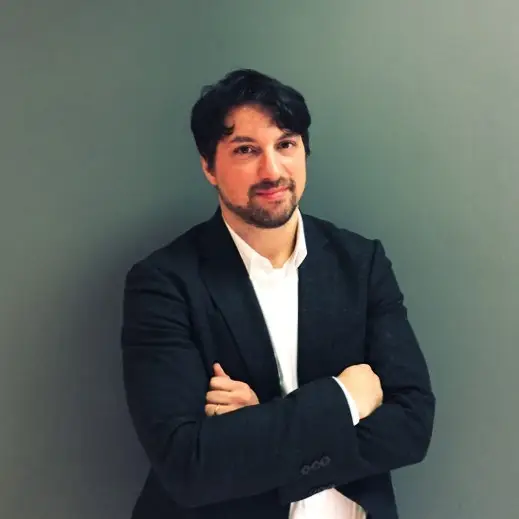
Angelica Fabrello
Angelica Fabrello is a telecommunications engineer specializing in healthcare informatics. She has developed, implemented, and promoted the adoption of dvanced solutions in the sector, including electronic health records. She has contributed to regional projects and worked on the MDR certification of medical devices. Currently, she leads a team ocused on DevOps management models in healthcare, driving innovative practices to optimize the development, deployment, and maintenance of healthcare software.
angelica.fabrello@exprivia.com
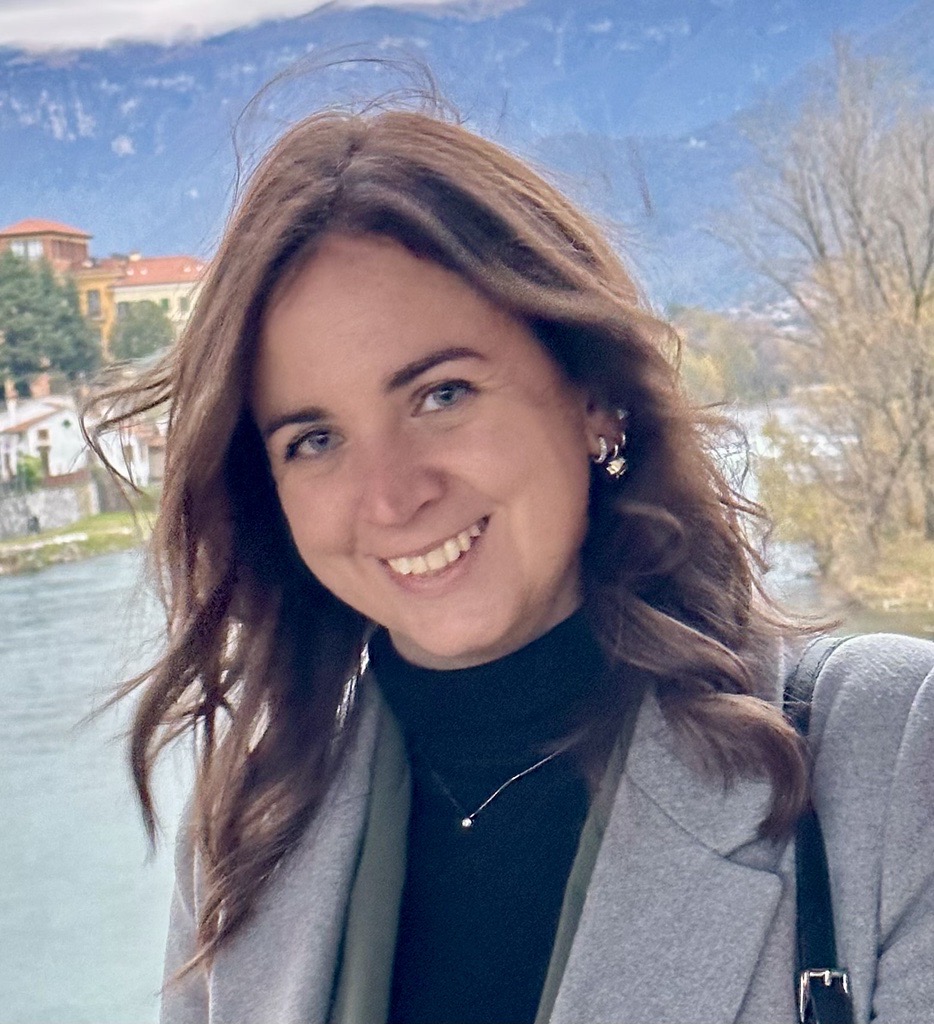
Antonella Carbonaro
She earned a Ph.D. in Intelligent Artificial Systems from the University of Ancona. Since 2000, she has been a researcher and later an associate professor. Her research focuses on semantic modeling of data and knowledge, including in the healthcare field. She is the co-author of numerous numerous scientific publications in international conferences, workshops, and journals. She serves as the leader of the WP Technology and Analytics for the PNC PNRR project ”DARE – digital lifelong prevention". She also leads the WP Knowledge Graph Graph for the Cancer Virtual Lab project, part of the International Foundation for Big Data and Artificial Intelligence for Human Development.
antonella.carbonaro@unibo.it
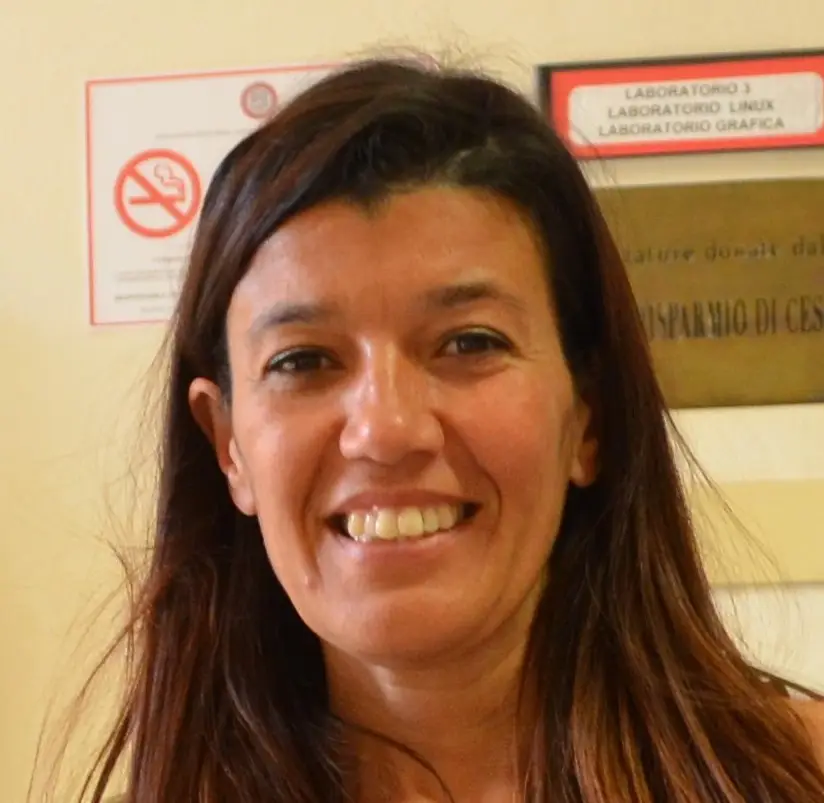
Claudio Sartori
Full Professor of Information Processing Systems at the Department of Computer Science – Science and Engineering, University of Bologna, he teaches Machine Learning and Data Mining in the Master's degree programs in Computer Engineering and Artificial Intelligence at the University of Bologna. For over a decade, he served as the coordinator of undergraduate and master's degree programs in the areas of Statistical Sciences and "Computer Engineering" at the University of Bologna. He has supervised seven Ph.D. students in "Computer Science and Engineering" and over one hundred master's graduates in Computer Engineering.claudio.sartori@unibo.it
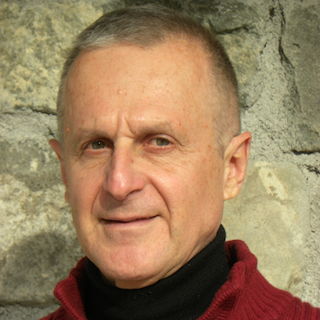
Elisabetta Poluzzi
Associate Professor of Pharmacology at the Department of Medical and Surgical Sciences. Her research activities in clinical pharmacology include: (1) classical pharmacoepidemiology studies; (2) advanced data mining methods and interpretation of adverse drug reaction reporting data; (3) development of indicators for the quality of drug use (appropriate use and support for adherence to pharmacological therapies); (4) environmental sustainability of drug use. She is a member of Ethics Committees.elisabetta.poluzzi@unibo.it
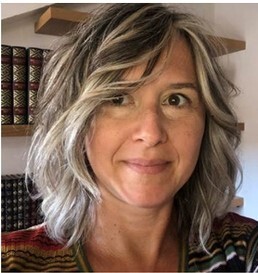
Filippo Lanubile
Filippo Lanubile is a Full Professor of Computer Science and Director of the Department of Computer Science at the University of Bari, where he also leads the Collaborative Development research group. His research interests include human factors in software engineering, AI-assisted software development, engineering of AI-enabled software systems, and healthcare informatics. He has received several prestigious awards, including a NASA Group Achievement Award, an IBM Eclipse Innovation Award, an IBM Faculty Award, and a Microsoft Research Software Engineering Innovation Foundation Award. From 2020 to 2023, he served as Chair of the IEEE Software Advisory Board.
filippo.lanubile@uniba.it
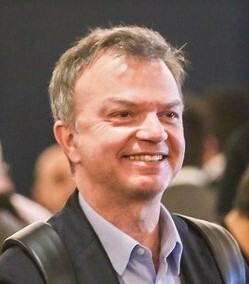
Francesca Conte
Francesca Conte is a Ph.D. candidate in Private Law at the Alma Mater Studiorum – University of Bologna. Her research focuses on Internet law and new technologies, covering topics such as personal data protection and the civil law implications of using intelligent tools. As part of the DARE project, she collaborates with WP2 – Legal and Ethical Framework of Spoke 1, conducting research on medical liability in the use of intelligent medical devices.francesca.conte15@unibo.it
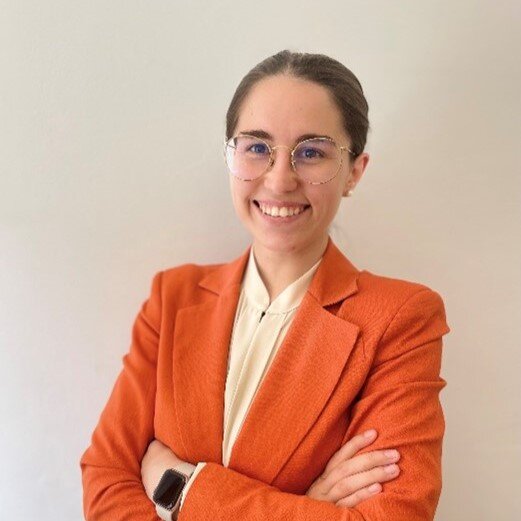
Francesco Durazzi
Born in Fossombrone in 1994, he earned both his Bachelor's and Master's degrees in Physics from the University of Bologna, graduating with honors. In 2023, he completed a Ph.D. in Physics, working within the Applied Physics to Biology and Health group under the supervision of Prof. Remondini. His work focuses on Artificial Intelligence and Complex Networks to analyze social, biological, and genomic data, with an emphasis on infectious disease surveillance and health-related topics in social media and scientific literature. Recently, he has delved into natural language processing methods applied to social networks and protein sequences.
francesco.durazzi2@unibo.it
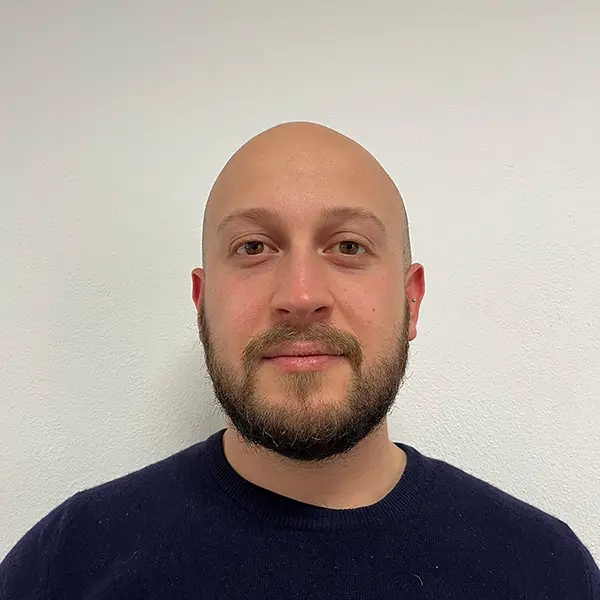
Leonardo Villani
A medical doctor and surgeon,, specialized in Hygiene and Preventive Medicine,, and researcher in Hygiene , General and Applied, , applied dal 1º febbraio 2024 presso la Sezione of Hygiene, Dipartimento of Scienze della Vita e di Sanità Pubblica, Universities Cattolica del Sacro Cuore (UCSC), sede di Roma. Ha co-fondato ed è responsabile scientifico dell’Osservatorio Nazionale sull’Antimicrobico-Resistenza (ONsAR) ed è coordinatore scientifico dell’Italian Institute for Planetary Health (IIPH). È inoltre coordinatore dei collaboratori dell’Osservatorio with Salute nelle Regioni Italiane.
leonardo.villani@unicatt.it
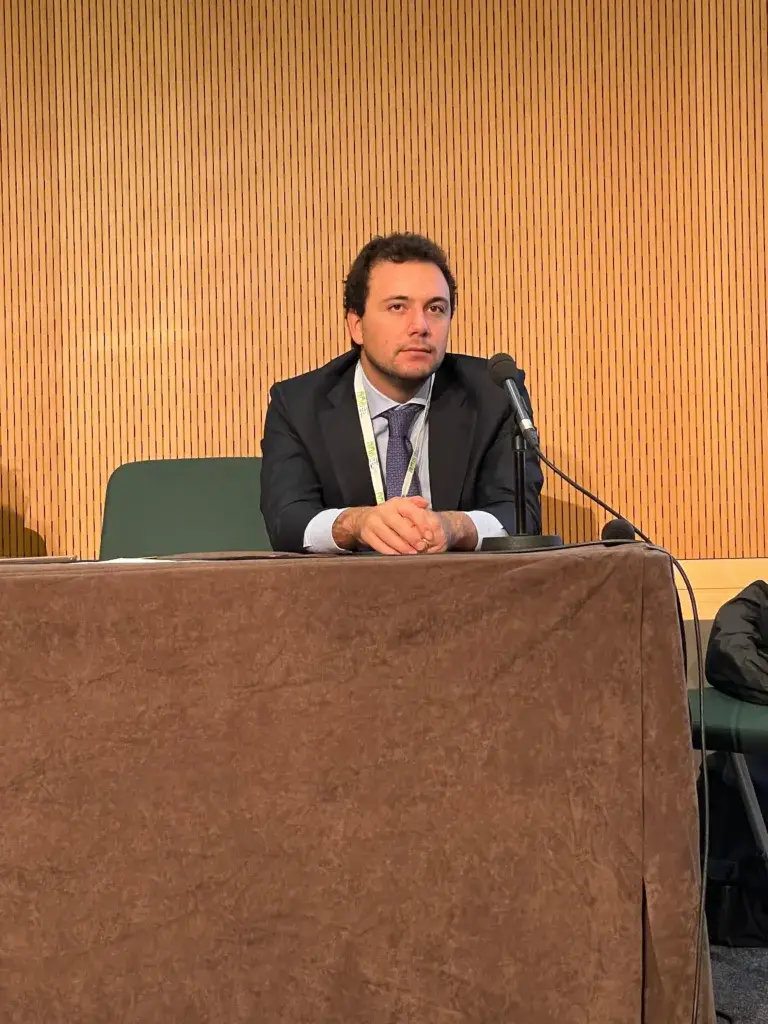
Lorenzo Chiari
Full Professor of Biomedical Engineering at the University of Bologna, Lorenzo’s research interests focus on digital health, particularly in the areas of telerehabilitation and healthy, active aging. He specializes in movement, balance, and fall risk assessment using wearable sensors, as well as the discovery of digital biomarkers. Since December 2022, he has served as the Chairman of the Board of the “DARE – Digital Lifelong Prevention” Foundation and the scientific PI of the associated research project. He has previously been the Director of the CIRI Health Sciences and Technologies Center at the University of Bologna and the PI of three European projects (SENSACTION-AAL, FARSEEING, CuPiD) on innovative technologies for aging, well-being, and personal health systems.lorenzo.chiari@unibo.it
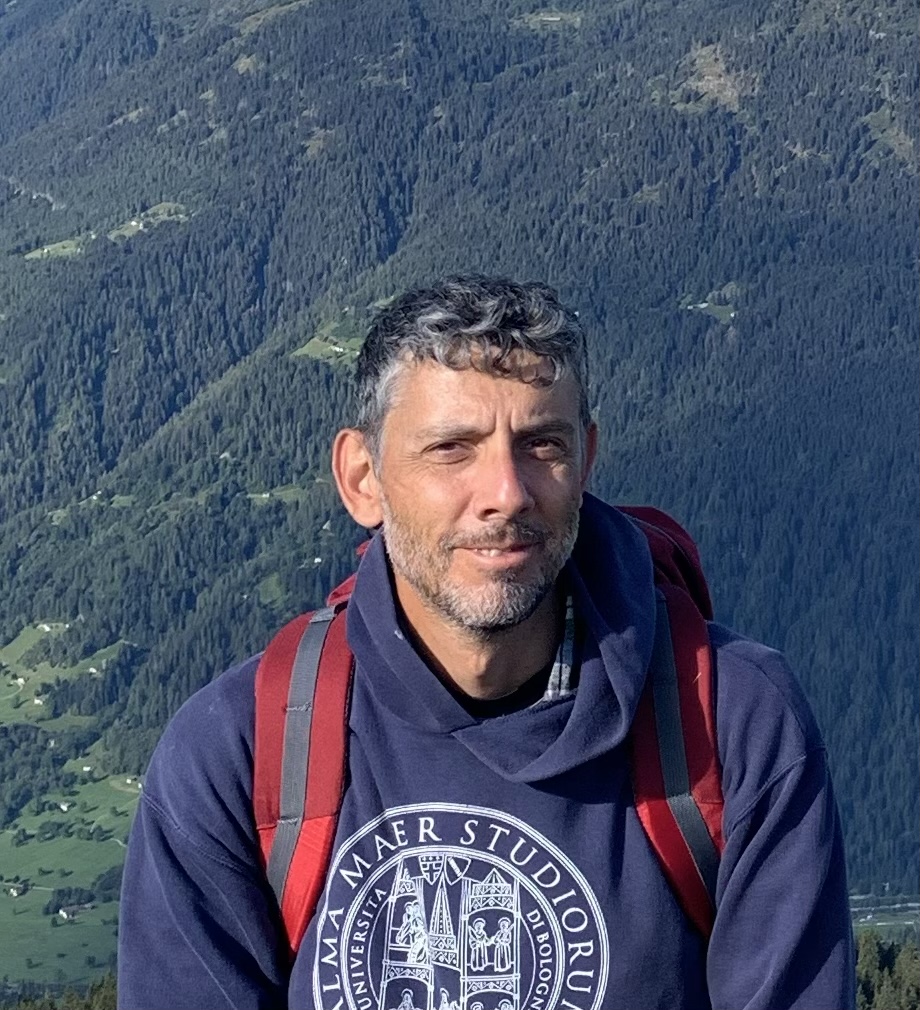
Luigi Quaranta
Luigi Quaranta is a researcher at the University of Bari, Italy, where he works with the Collab research group. His research focuses on the intersection of software engineering (SE) and artificial intelligence, with a particular emphasis on MLOps. Quaranta's work aims to develop methodologies and tools to streamline the development and maintenance of ML-based systems. His research interests also include collaborative SE practices, software quality assurance, and the application of AI/ML techniques to SE challenges.luigi.quaranta@uniba.it
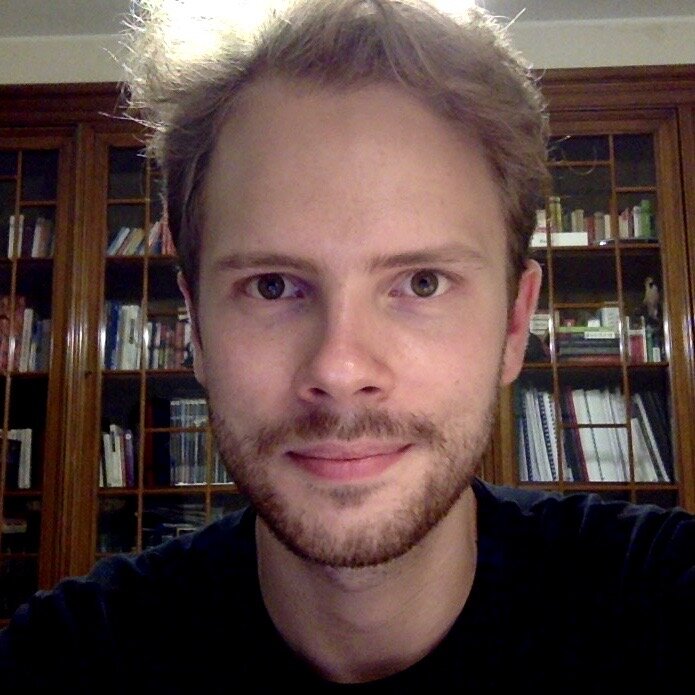
Marco Viceconti
Marco Viceconti is a Full Professor of Industrial Bioengineering at the Department of Industrial Engineering, Alma Mater Studiorum – University of Bologna. His research primarily focuses on digital technologies and in silico methodologies. He is currently one of the 25 members of the World Council of Biomechanics. In 2018, he was elected a Fellow of the Royal Academy of Engineering in the UK, and in 2021, he received the Huiskes Medal for Biomechanics. According to SCOPUS, he has published 388 articles (H-index = 58) and ranks among the top ten bioengineers in the Top Italian Scientists list.marco.viceconti@unibo.it
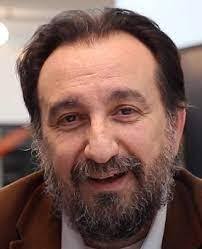
Mauro Mangia
Mauro Mangia earned his Bachelor's, Master's in Electronic Engineering, and PhD in Computer Science from the University of Bologna in 2005, 2009, and 2013, respectively. He was a visiting PhD student at the École Polytechnique Fédérale de Lausanne in 2009 and 2012. He is currently an Assistant Professor at the Department of Electrical, Electronic, and Information Engineering (DEI) at UNIBO, specializing in statistical signal processing. He is a member of the Advanced Research Center on Electronic Systems and the Alma Mater Research Institute for Human-Centered Artificial Intelligence at UNIBO. His research interests include nonlinear systems, explainable AI, machine learning, anomaly detection, the Internet of Things, and big data. He has received the IEEE CAS Society Guillemin-Cauer Award in 2013 and the IEEE Transactions on Biomedical Circuits and Systems Best Paper Award in 2019.mauro.mangia@unibo.it
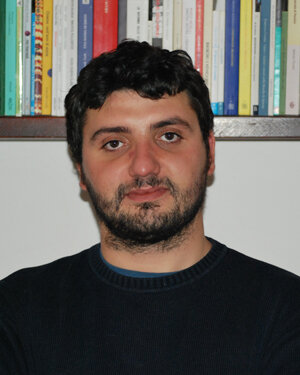
Sabato Mellone
Mellone Sabato, PhD, is a Senior Assistant Professor at the University of Bologna. His main research interests include data and signal processing, medical informatics, ICT applications in clinical practice, wearable and embedded sensors, the design and validation of personal healthcare systems, as well as eHealth and mHealth applications. He has served as a work package leader, overseeing technological development in numerous European and national projects. He co-founded mHealth Technologies s.r.l. and is the author of over 60 articles published in international journals.sabato.mellone@unibo.it
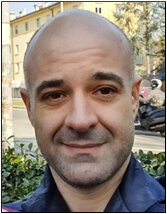
Sara De Silvestri
Sara De Silvestri holds a Master's degree in Biomedical Engineering. Early in her career, she conducted research on bio-signal processing and the co-design of technologies aimed at promoting health and autonomy for individuals over 65 at the IRCCS San Raffaele Hospital. Since 2021, she has been working in research and innovation project management. In 2023, she became a research fellow at the Alma Mater Studiorum – University of Bologna, serving as the project manager for Spoke 1 of the PNC DARE project, where she applies Agile Project Management methodologies.sara.desilvestri3@unibo.it
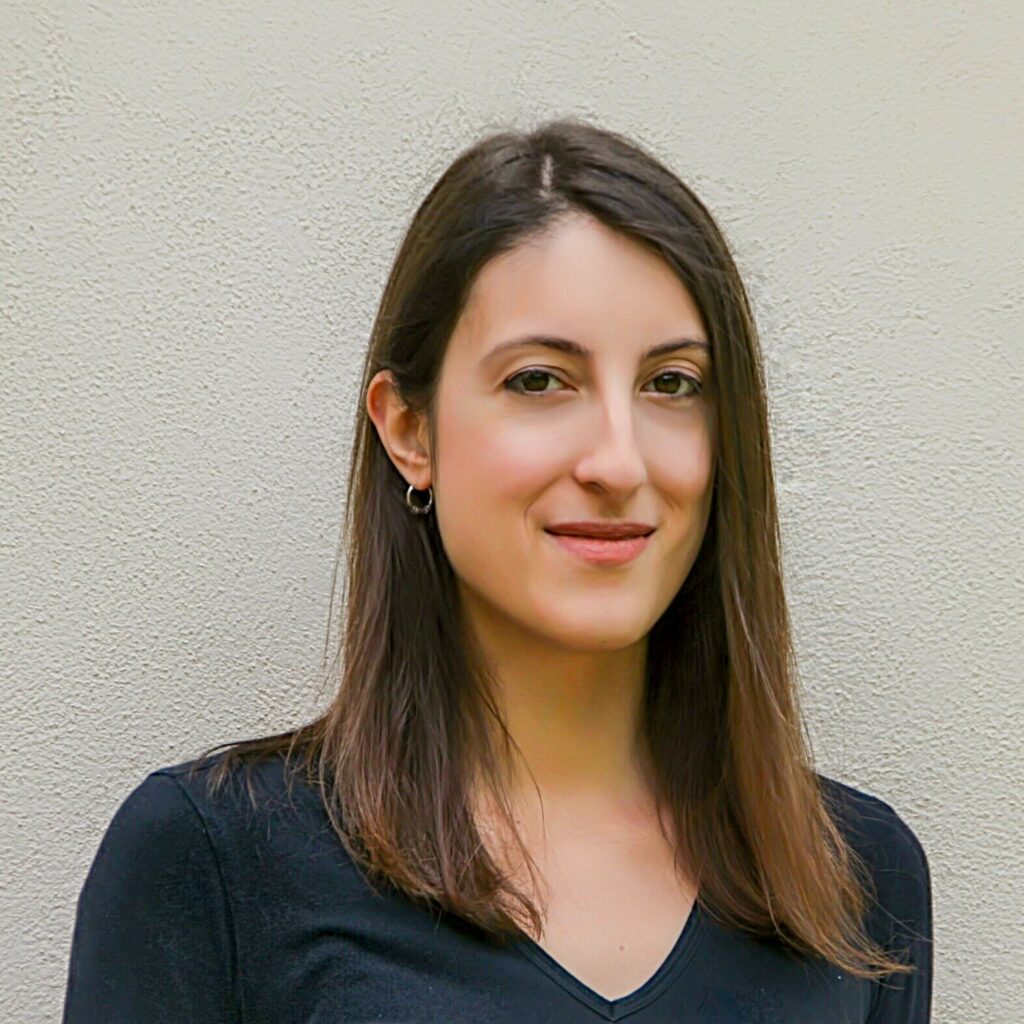
Serena Moscato
A biomedical engineer and fixed-term researcher (type A) at the Alma Mater Studiorum – University of Bologna, I work on wearable sensors for monitoring autonomic and cardiovascular signals, as well as the development of artificial intelligence algorithms for pain analysis. Currently, I contribute to the DARE project by focusing on data management for digital solutions in preventive healthcare.serena.moscato3@unibo.it

Stefania Boccia
Born in Naples on January 24, 1974, she has served as Deputy Scientific Director of the "A. Gemelli" IRCCS Polyclinic Foundation in Rome since November 2022. She has been a Professor of Hygiene, Preventive Medicine, and Public Health at the Catholic University of the Sacred Heart since October 1, 2018. She is affiliated with Stanford University's Meta-Research Innovation Center. Since 2020, she has directed the "Epidemiology and Biostatistics" facility at G-Step, FPG IRCCS. She is President of the European Public Health Epidemiology Section of EUPHA and a member of the Advisory Board of The Lancet Regional Health - Europe. She coordinates several projects funded by the European Community and the Ministry of Health, focusing on personalized prevention and evaluating the maternal exposome's impact on children's health.
stefania.boccia@unicatt.it
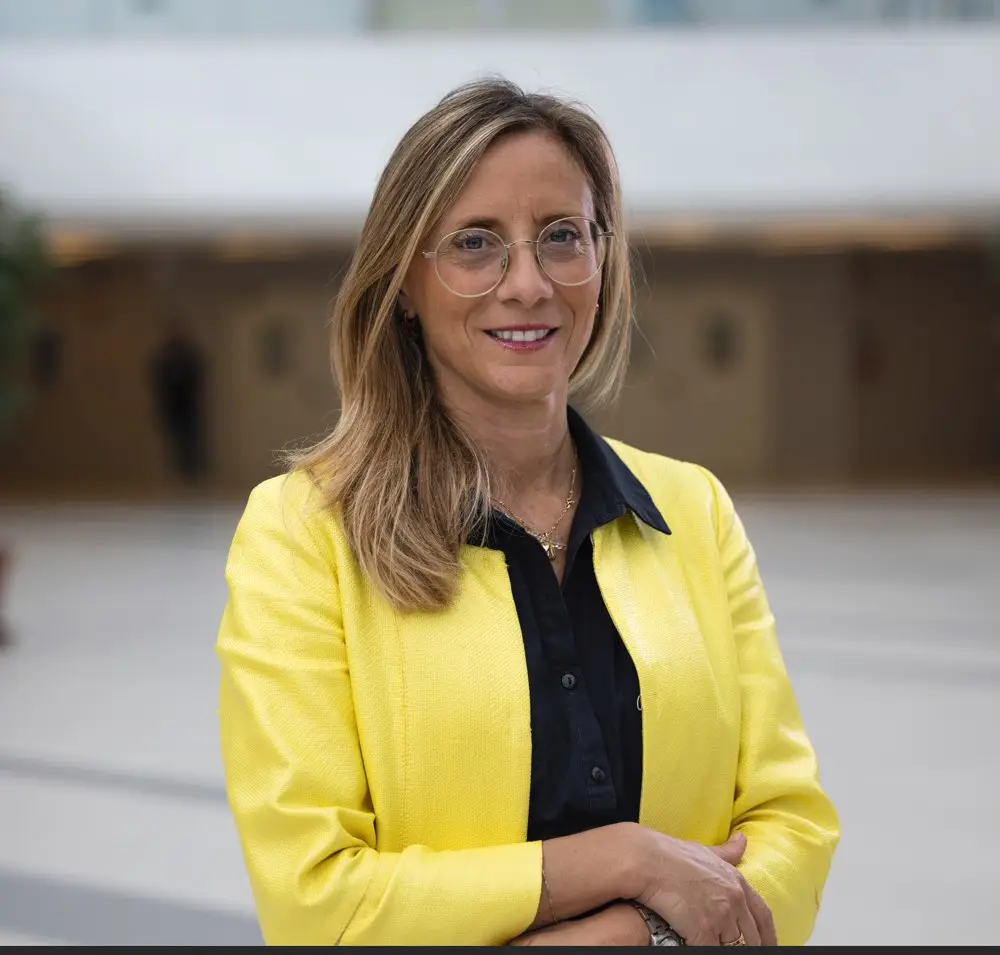
Stefano Cagnoni
Degree (1988) and Ph.D. in Bioengineering (1993) from the University of Florence. Postdoctoral research at the Massachusetts Institute of Technology (1993-1994) and the University of Florence (1995-1996). Researcher (1997) and later Associate Professor (2004) at the University of Parma. Conducts research in evolutionary computation and machine learning, with applications in signal and image analysis and pattern recognition. Serves as Associate Editor for "Evolutionary Computation" and "Genetic Programming & Evolvable Machines".
stefano.cagnoni@unipr.it

Stefano Diciotti
Stefano Diciotti is an Associate Professor of Biomedical Engineering at the University of Bologna and the Executive Scientific Coordinator of the "AI for Health and Well-being" area at the Alma Mater's Human-Centered Artificial Intelligence Research Institute. His main research fields are Computational Biomedical Imaging and Artificial Intelligence (AI) for Medicine, with a particular focus on neurological and pulmonary diseases.
stefano.diciotti@unibo.it

Tiziano Innocenti
Dr. Tiziano Innocenti holds a Ph.D. in Meta-Epidemiology from Vrije Universiteit Amsterdam and is a member of the Scientific Committee and Director of the Research Methodology Unit at the GIMBE Foundation (Bologna). Author of numerous publications in peer-reviewed journals, in 2022 he collaborated with the World Health Organization as an Evidence Reviewer for the development of Guidelines for the management of back pain.
tiziano.innocenti@gimbe.org

Veronica Rossano
Veronica Rossano is an Associate Professor (SSD INF/01) in the Department of Computer Science at the University of Bari. She is a founding member of the Technology Enhanced Learning Laboratory (TELL), where she coordinates research on serious games and smart education. She is a member of IEEE, ACM, CINI, and GRIN and serves as the head of the UNIBA node for the CINI Informatics and School Laboratory. She leads and collaborates on various research projects, both nationally and internationally, focusing on e-health, professional training, and computing education.veronica .rossano@uniba.it
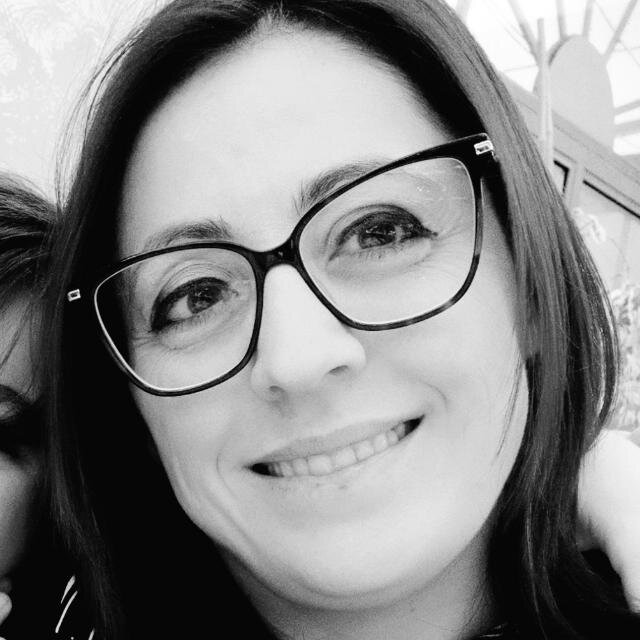
Questa ricerca è stata cofinanziata dal Piano Nazionale Complementare PNC-I.1 “Iniziativa di ricerca per le tecnologie e percorsi innovativi in ambito sanitario e assistenziale”, D.D. 931 del 06/06/2022, iniziativa “DARE – Digital lifelong prevention”, codice PNC0000002